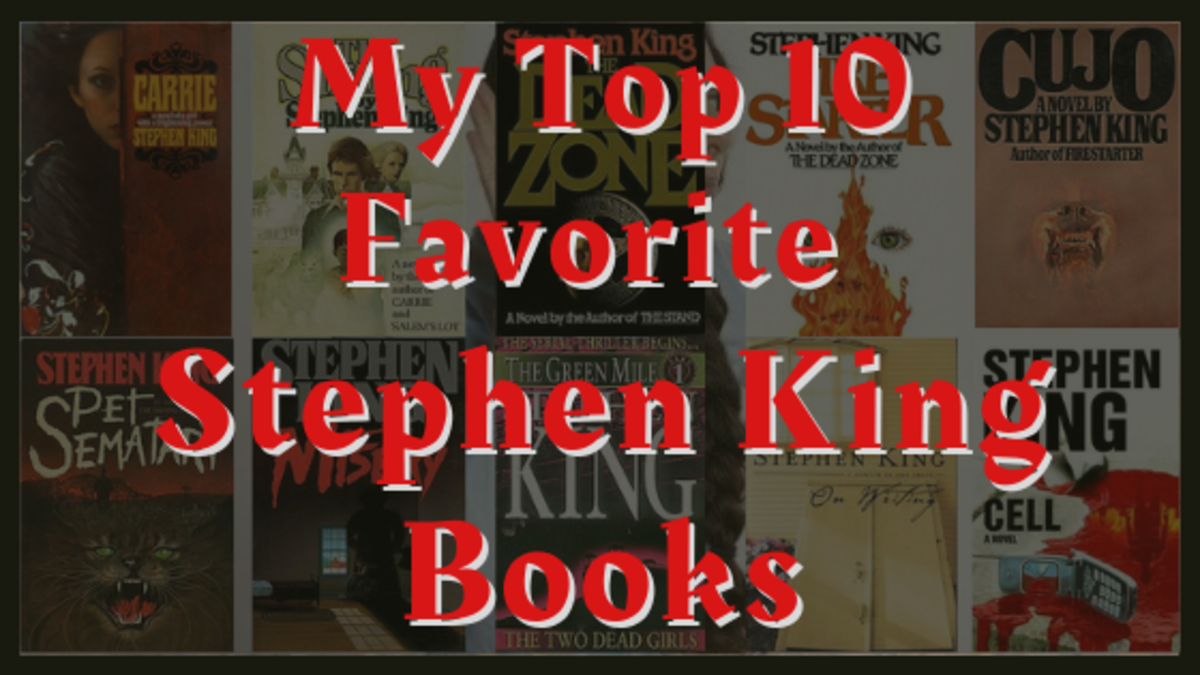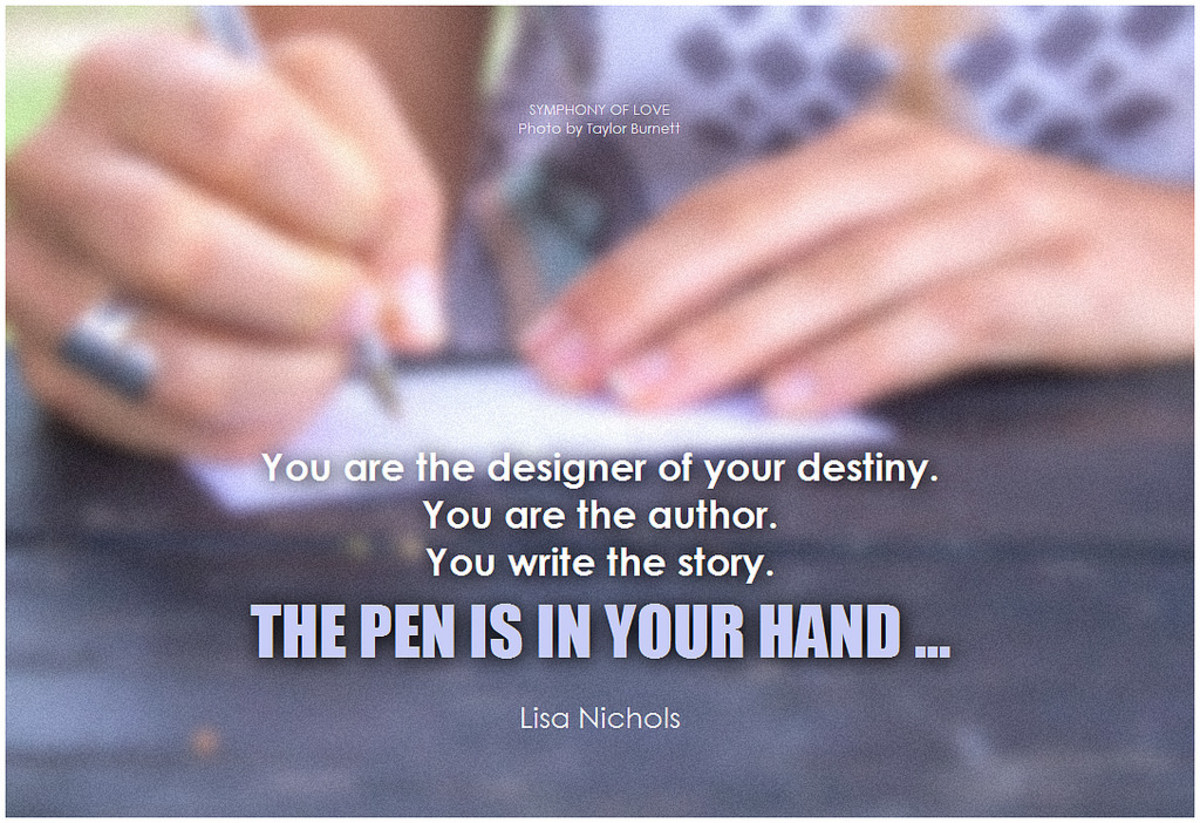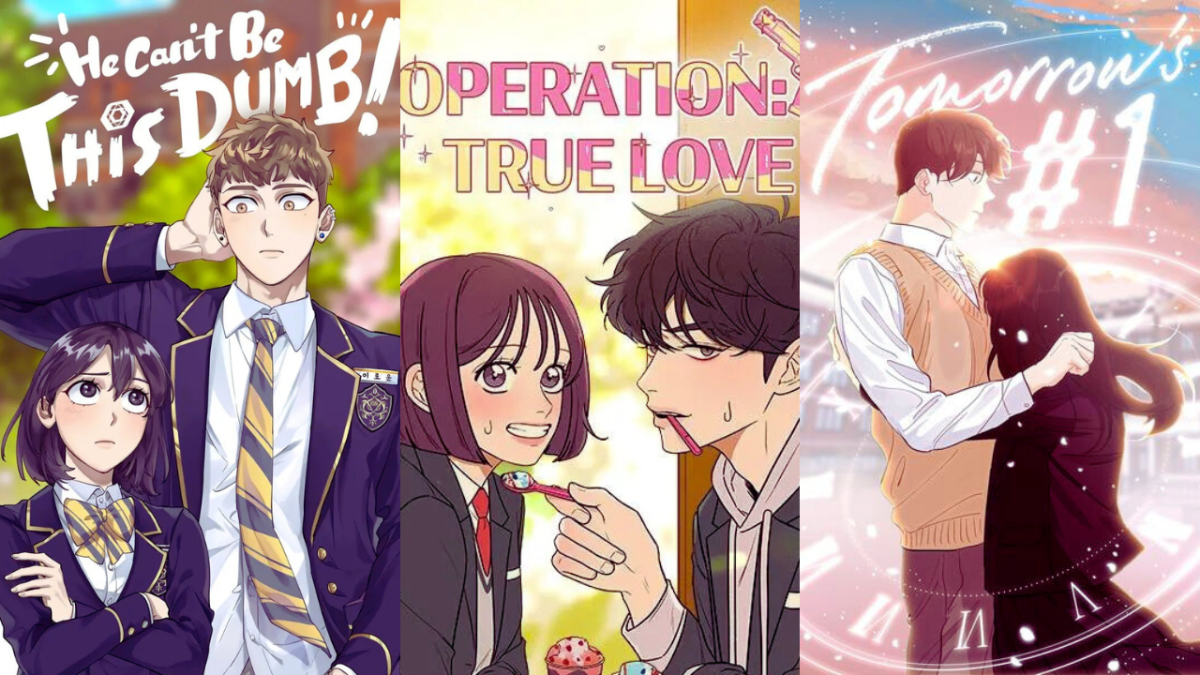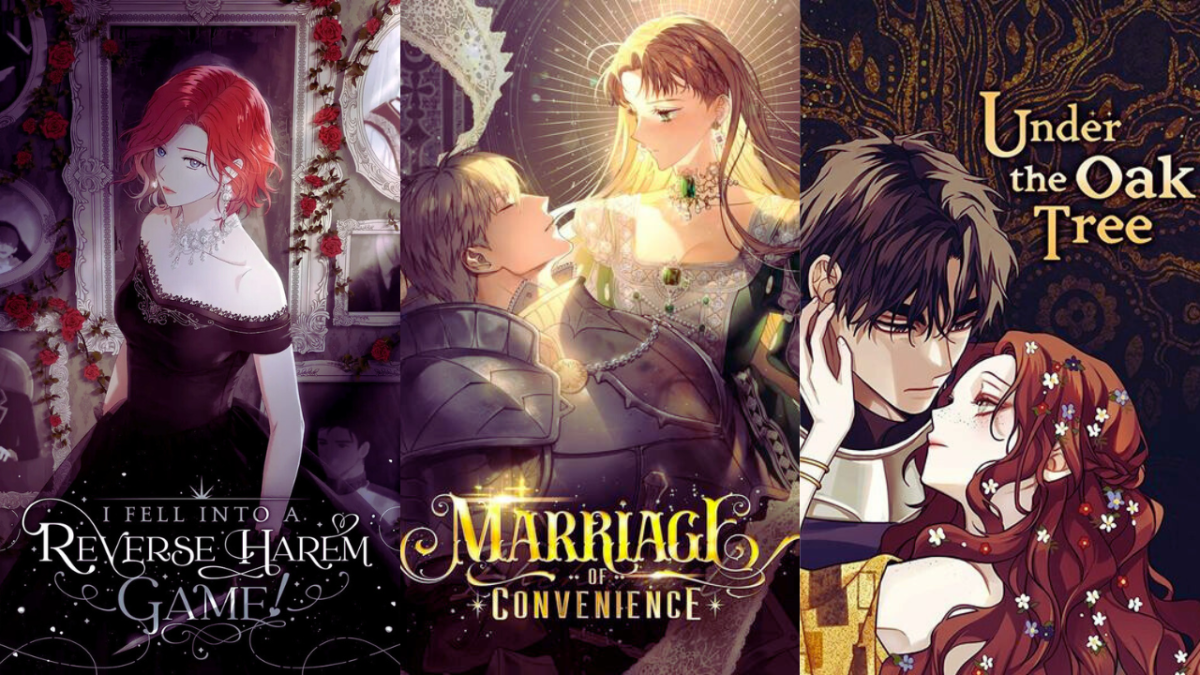My Favorite Author--Julia Cameron
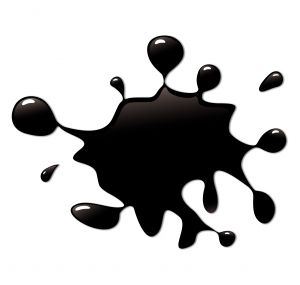
A writer is born
I first started writing as a child. A teacher involved me in creative writing exercises, then encouraged me to enter creative writing competitions. This nudge towards writing laid the foundation for me writing for years to come.
Through my high school years, I learned more about journal writing. Journaling sustained me during a period when I didn't write anything else at all. I turned to the page, recoding my innermost thoughts, current events, hopes, and dreams. I filled page after page of personal writings, and even though I didn't realize it at the time, this simple near-daily act of putting a pen to paper kept my writing pump well-primed.
Many years later, after marrying and becoming a mother, I turned to writing again. I started creating simple stories, but I discovered a whole new love--writing non-fiction. I wrote parenting articles for a regional publication and submitted work in various niches to online publications as well.
It was during this time of re-discovery that I met a wonderful friend, who offered to become my writing mentor. During the initial stages of our relationship, she introduced me to Julia Cameron, when she sent me a copy of The Artist's Way and the accompanying Morning Pages journal.
Julia Cameron on Perseverance
Why I like Julia Cameron
I think the thing that made me feel a connection with Julia Cameron was that she has a way of pulling you from whatever state you might find yourself in and bring you back to the essence of what matters the most--the written word. The Artist's Way was the first book I read by Cameron, and before I'd even read through half of it, I had already ordered a couple more of her books.
Cameron's writing is simplistic in nature. She talks about everyday life, then relates it back to writing. When you read her work, you get the sense that you are sitting in her living room, having a cup of coffee and listening to her talk. She creates a sense of time and space then intertwines a writing lesson in the midst of it all.
A lot of her books on writing are very similar. They contain essays on writing with exercises at the end of each one to get you writing. One thing I love most about her books is that you can pick it up and open it to any section and start reading. You don't have to start from the beginning, or worry about missing something important if you skip a portion or two.
I'm going to share with you a few of my favorite works by Julia Cameron below. I own almost every book published by her, and I have to say there was only one that I wouldn't read again (her memoir). The books I talk about below are highly recommended for any writer, whether you are a seasoned veteran of the craft, or you are just getting started as a writer.
A review of TAW
Buy "The Artist's Way"
Buy "The Artist's Way Morning Pages Journal"
The Artist's Way
The Artist's Way (referred to as "TAW" from here forward) was the first book I owned by Julia Cameron. It was gifted to me as a basis of embracing writing again. This book is highly known because it has helped many artists re-discover their own craft and build upon it to refine their artistry.
TAW is a weekly process that, when followed, will help you rediscover the joy of your art. I have never worked through the entire book at one time, but the parts that I did manage to get through definitely helped me.
There are several techniques you will learn in TAW that are used in subsequent books by Cameron. She touches on them briefly in each book they are used in, so that if you have not read TAW, you will be able to utilize them.
The Artist's Date is a special time you set aside for a date with your inner artist. This time is to be spent feeding your artist. Whether it be a trip to the zoo or a visit to the space museum, this time should be spent alone. Cameron recommends you not invite anyone else along because this is special time devoted to your inner artist.
The Morning Pages are an intricate part of an artist's recovery. They are three handwritten pages on 8x10 (notebook) paper. This was quite possibly the one thing I did when I worked TAW that helped me the most. Writing these three pages every morning is not easy, but it does work. When you hash out your thoughts and problems and grips by hand for three full pages, it's kind of hard to walk away and not be emptied of all your stress. In doing this, you can then greet a blank page (canvas, clay, etc.) with a fresh perspective and without all the "gunk" hanging over your head.
The Morning Pages is the main thing I took away from TAW. Not everyone agrees that writing three pages by hand every single day is necessary. And I don't always do it right now, either. But I will say that when I am faithful to the Morning Pages, writing becomes a lot less encumbered for me. Give it a try and see what it does for you.
Buy "The Right To Write"

The Right To Write
The Right To Write (referred to as TRTW from here forward) is a book I absolutely cannot live without. It was by far the best investment I ever made in books. It is my writer's bible and if I had to leave everything and only take one thing with me, this is the book I'd grab on my way out the door.
TRTW is an empowering books for writers. I recommend it to every writer who asks me what book they should buy. My copy is becoming very worn because I've read it so much. At one point, I had colored sticky notes jumping out of nearly every page, because I took notes as I read and stuck them on the pages so I could go back to reference later.
TRTW is probably my favorite book because it does just what the title says. The essays therein empower a writer to simply write. There are tons of essays on all aspects of the writing life. If you are struggling with something, or you simply cannot make yourself write, I can't recommend this book enough. It will nourish you and nurse you back to writing.
Buy "The Sounds of Paper"
The Sound of Paper
The Sound of Paper is very similar to The Right To Write in that it contains essays on writing. The subtitle of this book is, "Starting From Scratch." Writers know that there comes a day at some point when you greet the empty page and nothing comes to you. Try as you may, you cannot seem to eke out a single word. Or maybe you start writing, but keep erasing everything and starting over again.
TSOP gives writers the necessary tools to learn how to begin from scratch all over again. Not only is it okay to do this, it's actually a good thing to start from scratch. When you can learn how to take what you have and begin from where you are, you will be able to write, no matter what.
Whether you feel like you are totally empty and cannot write anything decent worth anyone reading, or you feel your creativity slowly budding forth from within, you will find essays in this book that will nurture you from where you are. The exercises at the end of each essay serve to nudge you toward writing again, too.
This content is accurate and true to the best of the author’s knowledge and is not meant to substitute for formal and individualized advice from a qualified professional.
© 2009 Hope Wilbanks




